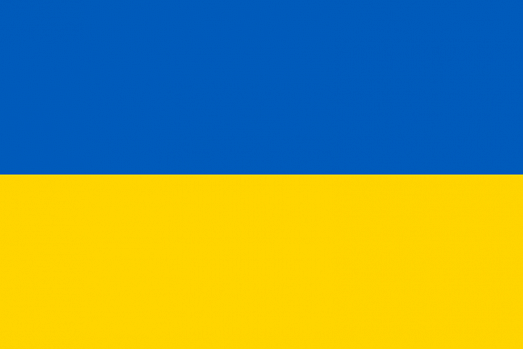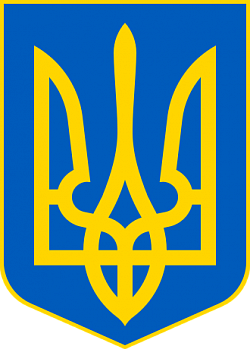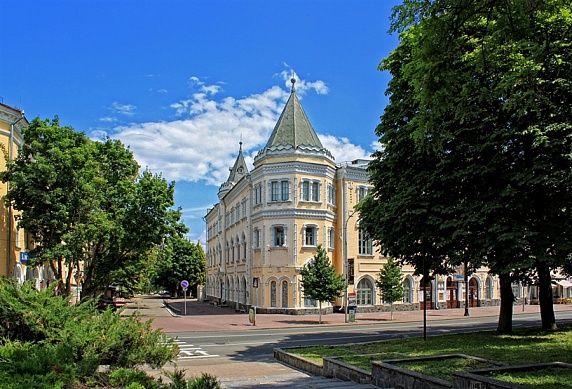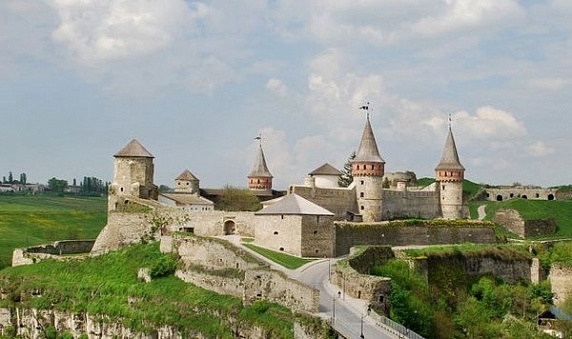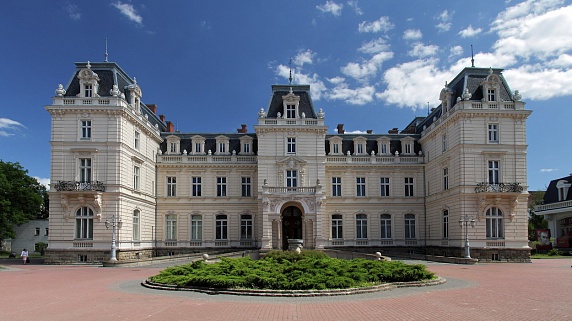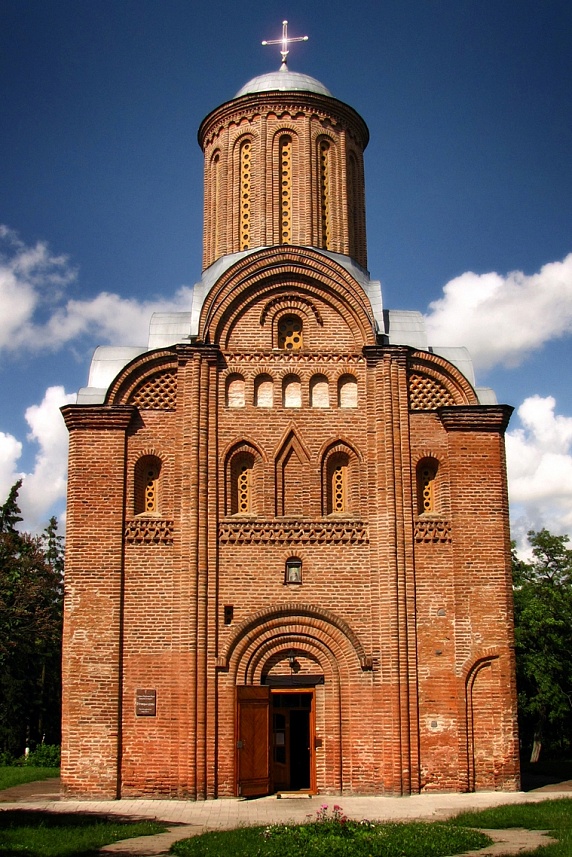 乌克兰
乌克兰
Statement by Alexander Lukashevich, Permanent Representative of the Russian Federation, at the meeting of the OSCE Permanent Council on the situation in Ukraine and the need to fulfill the Minsk Agreements, Vienna, June 14, 2018
Mr Chairman,
The foreign ministers of the Normandy format met in Berlin on June 11 to analyse the progress status of the implementation of the Minsk Agreements by the parties to the conflict - Kiev, Donetsk and Lugansk. An understanding was reached of the imperative of implementing the Package of Measures supported by the leaders of the four in 2015 and 2016, including its political provisions. The foreign ministers agreed on the urgent de-escalation in Donbass, the establishment of a ceasefire, the disengagement of forces and weapons, including heavy weapons withdrawal, and the protection of critical civilian infrastructure. The importance of resolving humanitarian problems, the release of detained persons was also reaffirmed.
On June 6, the UN Security Council adopted a statement by the Chairman of the Council, which clearly indicated the need for strict abidance by the Package of Measures, approved in 2015 by UN Security Council Resolution 2202, as well as measures agreed in the Normandy format and by the Contact Group.
We hope that these signals will lead Kiev to show restraint, abandon reckless military schemes and return back to the implementation of the Minsk Package of Measures, which remains the unquestionable basis for a peaceful settlement.
On June 13, the Contact Group reached an agreement at a meeting in Minsk to ensure safety during the rotation of the workers of the Donetsk filtering station. We expect that the Ukrainian side relays the necessary message to the commanders of the Armed Forces on the ground. We support the proposal of the coordinator of the subgroup on security, Chief Monitor of the OSCE Special Monitoring Mission to Ukraine (SMM) Ertugrul Apakan, on taking urgent measures to cease fire. The publication of the orders on the non-use of weapons, the ban on reciprocal fire, confirmation of obligations under existing agreements, the ban on offensive actions and the sending of sabotage groups can be an important step towards de-escalation. Attempts to hamper these constructive initiatives by insisting on artificial linkages are unacceptable. We welcome Humanitarian Subgroup Coordinator Tony Frisch’s proposals on declaring the non-use of torture against prisoners. We call for an early agreement on repairing the bridge in Stanitsa Luganskaya on the basis of the ICRC proposals.
The Ukrainian crisis is taking too long. Its role in mongering Russophobia is coming at a cost for the Ukrainian people. We cannot help recalling the fourth anniversary of the Ukrainian air raid on Lugansk on June 2, which killed eight people and injured 28. Ukrainian representatives then tried to deny the use of some 20 aerial bombs blaming the damage on an air conditioner explosion at the state administration building - typical of the current Kiev authorities.
For four years Kiev’s punitive operation idea has not changed. Its criminal goal is to intimidate the people of Donbass, to sow hatred and destruction. Unfortunately, the deterrent effect of the Ukrainian army’s military defeats in winter 2015, which led to the signing of the Minsk Package of Measures, is eroding. We need a consolidated call for Kiev to faithfully fulfill its commitments.
With the beginning of the Joint Forces Operation, the Ukrainian Armed Forces intensified their military operations in Donbass. The Ukrainian security forces tried to implement local forays near Gorlovka and Mariupol, which cost them significant losses. Kiev is seizing the demilitarised areas of Zolotoye and Petrovskoye, while the armed units of certain districts in the Donetsk and Lugansk regions have stopped short of this.
According to the SMM, three Donbass civilians have been killed and nine wounded as a result of indiscriminate shelling since May 31. The most egregious case occurred on June 7 in Kirovsk, where the Ukrainian military struck a mortar round on a shuttle bus, injuring five women and two men.
The SMM has confirmed the reports of the village of Chigari in the ‘grey zone’ near Gorlovka being occupied by the Ukrainian forces. The fighting unleashed by Kiev has resulted in most of the houses either being destroyed or burnt down in this village, and running water and other basic necessities are unavailable. The surviving structures house Ukrainian soldiers, and ammunition depots. Civilians are being forced to leave. The Ukrainian security forces have moved dangerously close to the militia positions. A new hotbed of instability has emerged.
In violation of the September 21, 2016 decision of the Contact Group to withdraw forces and weaponry, Kiev security forces occupied the withdrawal area in Zolotoye and Petrovskoye. It is necessary to immediately restore the status quo established in these areas in 2016 and complete the withdrawal of forces and weaponry in Stanitsa Luganskaya. More than 20 times, the Special Monitoring Mission has documented periods of total ceasefire lasting seven or more days in the territory.
A critical situation remains around the Donetsk filtration station. The Security Forces of Ukraine have set their sights on seizing it by force. The Special Monitoring Mission has evidence that the Ukrainian forces’ fortified positions came within 500 metres of the station. The mission has also confirmed that Ukraine has failed to take action on mine clearance. Due to the continuing exchange of fire, the Donetsk filtration station was forced to suspend its operations on June 7. This affected the water supply of more than 350,000 people. Donbass self-defence forces say they are ready to coordinate additional security measures for infrastructure facilities.
Mr Chairman,
The crisis triggered by the Maidan events in 2014 cannot be resolved without the implementation of the political provisions outlined in the Package of Measures. A solution is only possible through direct dialogue between Kiev, Donetsk and Lugansk without any further subterfuge.
At the meeting in Berlin, the ministers discussed the entire range of political aspects connected with the resolution, including the implementation of the law on the special status of Donbass. The Contact Group has yet to formalise the “Steinmeier formula”, which provides for local elections in Donbass and the approval of the law on its special status. The formula was endorsed at a Normandy format summit in Paris on October 2, 2015, and later reaffirmed in Berlin on October 19, 2016. The political settlement plan has been worked out. Kiev committed to it but the Ukrainian leadership lacks the political responsibility to take the first step towards practical fulfilment of the agreement.
Those who support a military solution to the civil conflict occupy positions of strength in Kiev. Sergey Nayev, commander of the joint forces’ operation, said (in his June 12 interview with Ukrainian National News) that the Ukrainian Armed Forces are ready to use the entire range of weapons in their arsenal, including aviation. The commanders were given the right to independently make decisions regarding the use of weapons at the contact line. It would be interesting to hear an evaluation of these propositions by the distinguished Normandy format colleagues from France and Germany.
The logic is familiar. Washington is also trying to “protect” Ukraine from implementing the Package of Measures by falsely connecting some of its provisions with the UN peacekeeping operation in line with Kiev’s logic. Attempts to establish a military and political commandment in the region to take control over certain areas of Donetsk and Lugansk are against the Package of Measures. Any formats of international assistance in resolving the intra-Ukrainian crisis, including under the UN, must rely on the accord between the parties to this conflict – Kiev, Donetsk and Lugansk. A peaceful political resolution is only possible through direct dialogue. This concept serves as the basis for the Russian draft of a UNSC resolution in support of the OSCE and the Minsk Package of Measures to which neither Kiev nor Washington has responded so far.
Mr Chairman,
The situation beyond the southeast of Ukraine shows that it will not be easy to settle the problem of Donbass in the existing Ukrainian realities. Ethnic and cultural nationalism is being fostered in the country. The discriminating provisions of the Law on Education, which has made the position of not only the country’s Russian but also Hungarian, Romanian and Polish population vulnerable, have not been invalidated. The clergy of the Ukrainian Orthodox Church continue to be harassed. Ethnic and religious crimes are reported almost every day. The latest such crime was reported by the SMM on June 7, when people wearing T-shirts with the National Militia (Natsionalniye Druzhiny) insignia used axes and hammers to tear down structures on the site of a Roma community in Kiev. Freedom House has sounded alarm bells over the increased number of far-right nationalist attacks on ethnic minorities since the beginning of 2018.
The efforts to clamp down on free speech and to harass journalists are gaining momentum. Chief of RIA Novosti Ukraine Kirill Vyshinsky remains in custody on false charges of treason. On June 2, the Security Service of Ukraine (SBU) attempted to recruit a RIA Novosti correspondent in Lithuania, Irina Vysokovich. Pressure, threats and provocations by security services, as well as violence and political trials of journalists have become a fact of daily life in Ukraine. Kiev has joined the infamous activities of Mirotvorets by trying to intimidate journalists with some “hit lists.” After the murder of Oles Buzina and Pavel Sheremet, few people have no fear of becoming the next “sacrificial victim.”
We hope that infringements on the rights of journalists and ethnic minorities in Ukraine will not go unnoticed in the West. Although the joint press release on the EU-Ukraine Human Rights Dialogue held in Brussels on May 31 does not condemn the above mentioned violations, we hope that Europe’s concerns regarding this have been presented to Ukraine. The international community must take a consolidated stand to caution Kiev against playing infantile games such as Arkady Babchenko’s fake death and also against staging large-scale armed provocations in Donbass.
Thank you.
